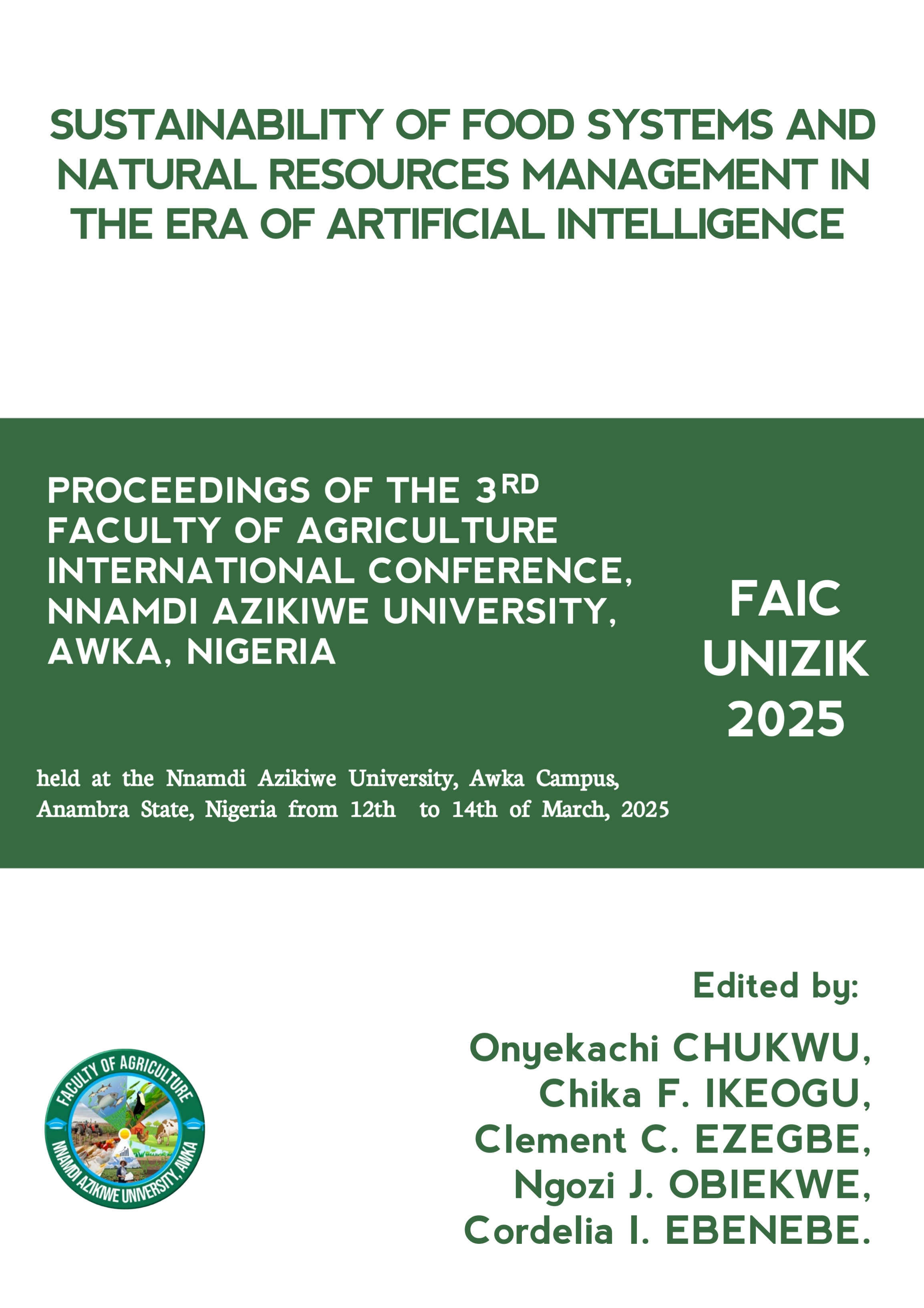Effects of Selected Legume Crops on the Physicochemical Properties of Soils Contaminated with Spent Engine Oil in Owerri, Southeastern Nigeria
DOI:
https://doi.org/10.5281/mz3nqg81Abstract
The increasing use of automobiles has led to widespread environmental pollution due to the improper disposal of waste engine oil (WEO). This study evaluated the potential of selected legume crops: cowpea (Vigna unguiculata), mucuna (Mucuna pruriens), and groundnut (Arachis hypogaea), in remediating petroleum-contaminated soils through phytoremediation. The experiment was conducted in the Teaching and Research Farm of Federal University of Technology, Owerri, using a split-plot design within a randomized complete block design (RCBD). Soil contamination was induced by applying 5 liters of spent engine oil per plot, and the impact of legume crops on soil physicochemical properties was assessed after 90 days. Results showed that while particle size distribution remained unchanged (sand), groundnut significantly improved soil organic carbon (5.78 to 6.29 g/kg), exchangeable bases (Ca: 0.23 to 0.43 Cmol/kg, Na: 0.17 to 0.34 Cmol/kg), and cation exchange capacity (CEC) from 2.24 to 3.06 Cmol/kg in polluted soils compared to cowpea and mucuna. Oil pollution reduced soil moisture content ()from 216.2 to 142.2 %) and pH (5.96 to 5.57), but groundnut demonstrated the highest potential in restoring soil fertility. Given its ability to enhance soil chemical properties, groundnut is recommended for short-term remediation of used engine oil-contaminated soils. Further research is suggested to explore the long-term effects of legumes on hydrocarbon degradation and overall soil recovery.





